Penny Wong fumes as Beijing missiles rattle region
Foreign Minister Penny Wong has condemned Beijing after it launched an unprecedented volley of ballistic missiles over Taiwan and into Japanese waters.
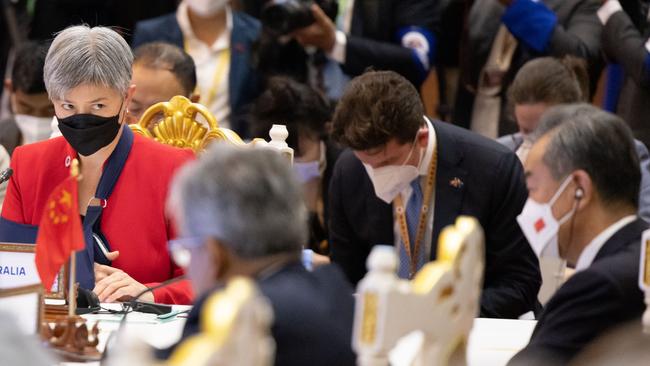
Foreign Minister Penny Wong has condemned Beijing after it launched an unprecedented volley of ballistic missiles over Taiwan and into Japanese waters, in a brazen display of China’s rising military might that has rattled the Indo-Pacific region.
Senator Wong told her Chinese counterpart, Wang Yi, in person on Friday that Australia shared the region’s concerns about Beijing’s unprecedented military intimidation.
“These exercises are disproportionate and destabilising,” Senator Wong said in a statement released after speaking with Mr Wang at the East Asia Summit in Cambodia.
“This is a serious matter for the region, including for our close strategic partner, Japan.
“Australia shares the region’s concerns about this escalating military activity, especially the risks of miscalculation. We urge restraint and de-escalation.”
In a troubling escalation, Beijing announced late on Friday that it had cancelled a hotline between Chinese and US commanders in the region, further raising the risks of the PLA’s ongoing military activity.
China’s foreign ministry also said it had suspended talks with the US on climate change as well as frozen co-operation on drug control, transnational crime and the repatriation of illegal immigrants.
Beijing said the new “countermeasures” were to punish the US for not stopping US House of Representatives Speaker Nancy Pelosi’s visit to Taiwan despite China’s “strong opposition and solemn representations”.
The Chinese military on Thursday began an intimidating display of military might, shooting 11 “Dongfeng” ballistic missiles, with some travelling over Taiwan island and others landing in Japanese waters, both unprecedented actions, which came after Ms Pelosi met Taiwan President Tsai Ing-wen on Wednesday, in the most senior visit to Taipei by an American politician in 25 years.
More than 10 destroyers and frigates, along with nuclear submarines, have circled Taiwan as Beijing conducts the biggest display of naval and air might in the more than 70-year history of the People’s Republic of China.
China’s military aggression has already surpassed the previous Taiwan Straits crisis of 1995-96 and the Xi administration has declared its live-fire war games will continue until at least Sunday.
Senator Wong’s comments came hours after she walked out of the East Asia Summit during Russian Foreign Minister Sergey Lavrov’s address to the regional foreign ministers’ meeting in Phnom Penh in protest at Moscow’s invasion of Ukraine.
“Minister Wong could not sit through Mr Lavrov’s attempt to justify the murder of innocent Ukrainians,” her spokeswoman said.
But it was the Taiwan Strait crisis that dominated the summit on Friday.
In Taipei, Ms Tsai appealed to the international community for help to stop the “one-sided and irrational military actions”.
“We are committed to maintaining the status quo of peace and stability across the Taiwan Strait,” she said. “We are calm and not aggressive, we are rational and not provocative, but we will also be firm and not back down.”
Japanese Prime Minister Fumio Kishida met Ms Pelosi in Tokyo on Friday, the last stop on her congressional tour of the Indo-Pacific.
Mr Kishida expressed concern about “the safety of our people” after Beijing launched five ballistic missiles into Japanese waters, saying the PLA had created a regional crisis.
“China’s actions … have a serious effect on the peace and security of the region and the international community, and we urged an immediate halt to the military exercises,” the Japanese leader said.
US Secretary of State Antony Blinken said China’s behaviour represented a “significant escalation.”
“China has chosen to overreact and use Speaker Pelosi’s visit as a pretext to increase provocative military activity in and around the Taiwan Strait,” Mr Blinken said at the summit.
He said the US stood in “strong solidarity” with Japan after the “dangerous actions China has taken”.
President Xi Jinping has used Ms Pelosi’s trip to Taiwan – which Beijing tried to stop – to parade the enormous military build-up China has undertaken since the mid-1990s crisis.
State media reported that part of the PLA Navy’s growing fleet of nuclear-powered and nuclear-armed submarines were operating closer than ever to Taiwan’s coast.
Overhead, 49 Chinese warplanes crossed into Taiwan’s air defence zone on Friday, a day after the PLA blasted 11 ballistic missiles, including some over Taiwan island. Chinese drones hovered over Taiwan’s Kinmen and Beiding islands.
Late on Friday, China’s two aircraft carriers, the Liaoning and the Shandong, remained close to their home ports in Qingdao, in China’s north, and Sanya, in China’s south. Chinese state media have signalled they may travel closer to Taiwan to further display Beijing’s growing naval power.
Taiwan’s foreign ministry said China was behaving like North Korea, Beijing’s only formal ally, which had previously been East Asia’s most destabilising actor.
Chinese party state media and popular nationalistic news websites crowed about the missile launches, which were fired as the PLA positioned ships and planes in six spots in a partial blockade of Taiwan.
South Korean airlines have temporarily suspended flights to Taiwan because of concerns about China’s military activity.
World leaders condemned the aggression, including the normally reticent ASEAN nations, which urged “maximum restraint” in a joint statement as foreign ministers from the South East Asian nations and their major partners meet in Cambodia.
Mr Wang and Mr Lavrov walked out of the room when Japanese Foreign Minister Hayashi Yoshimasa began to speak on Friday at the East Asia Summit.
The evening before, Mr Wang had walked out of a dinner with Mr Biden, Mr Hayashi, Senator Wong and their ASEAN counterparts, who had all expressed alarm at Beijing’s behaviour.
Before that, Mr Wang cancelled a bilateral meeting with his Japanese counterpart after the Group of Seven condemned Beijing’s “threatening actions”.
Indo-Pacific capitals were already deeply concerned about the rising tensions in the region.
Speaking days before Beijing began its encirclement of Taiwan, former military chief Angus Houston, 75, said Australia was facing the worst strategic environment in his lifetime.
Rory Medcalf, head of the National Security College at the Australian National University, said Beijing had put the region into a “permanently higher status of tension”.
“The Pelosi visit was no justification for this level of aggression. And it’s this level of aggressive behaviour by Chinese forces that is raising the risk of an incident getting out of hand,” Professor Medcalf said.
“Of course, there should be military restraint on all sides, but it’s not as if Taiwan was not showing the utmost military restraint beforehand.”
He said it was a “chilling reminder” of the impact a Chinese military attack on Taiwan would have on the regional and global economy.
“It’s really high time for the government to be very frank with the public and the business community about the risks involved,” he said.

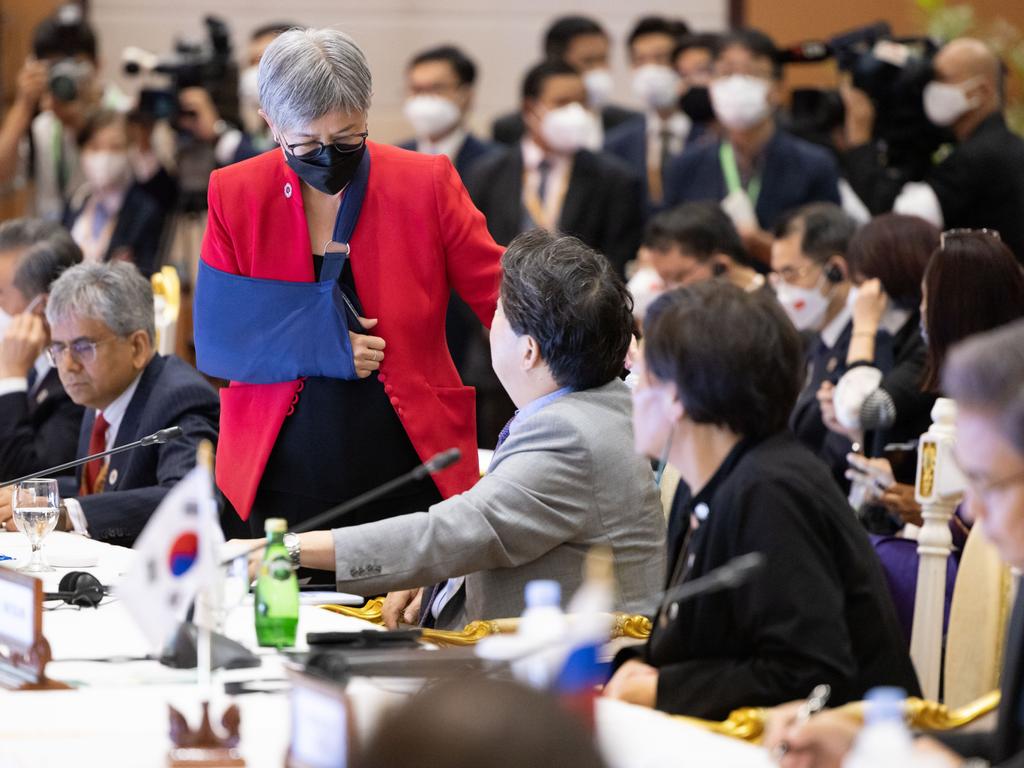
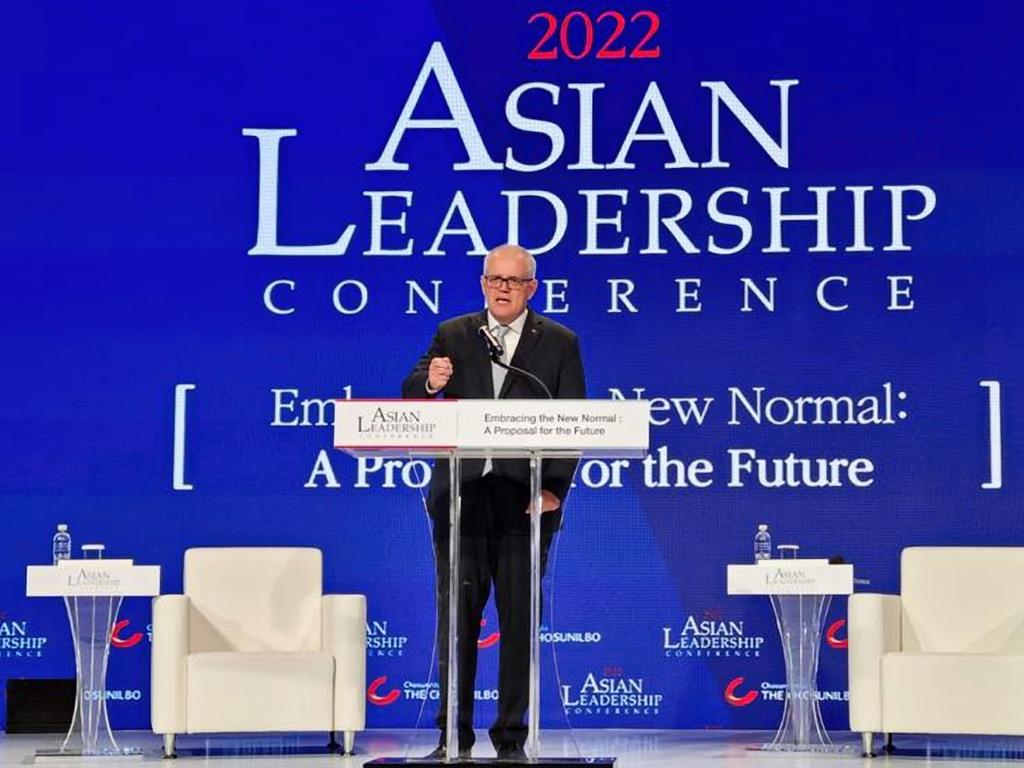

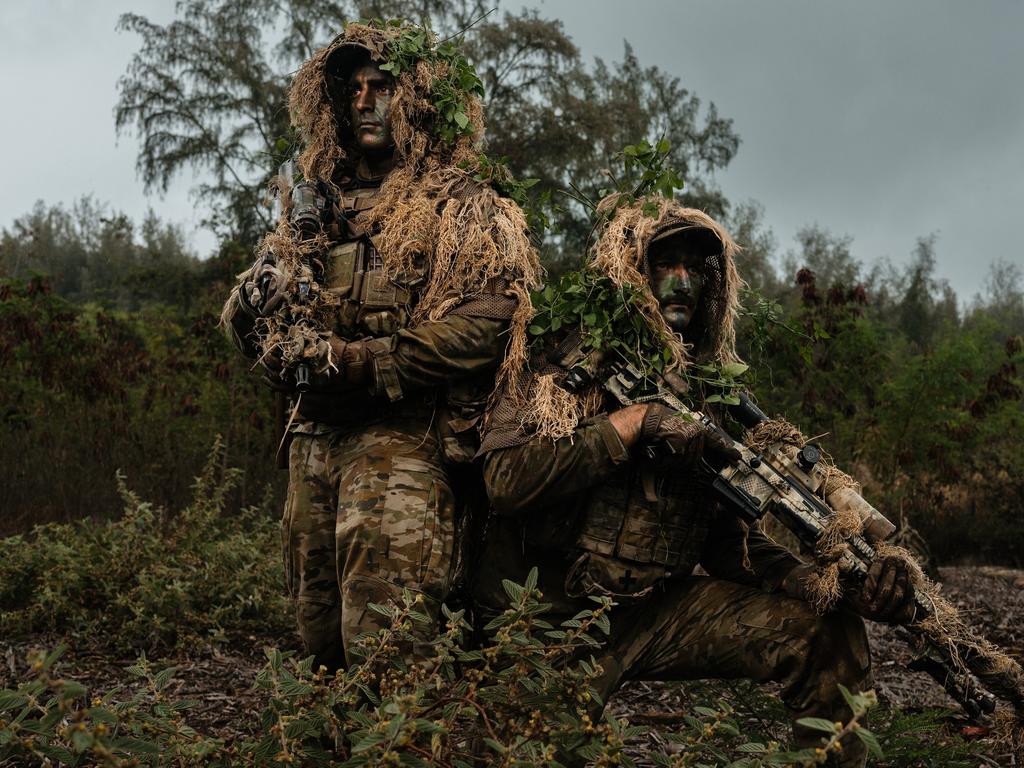
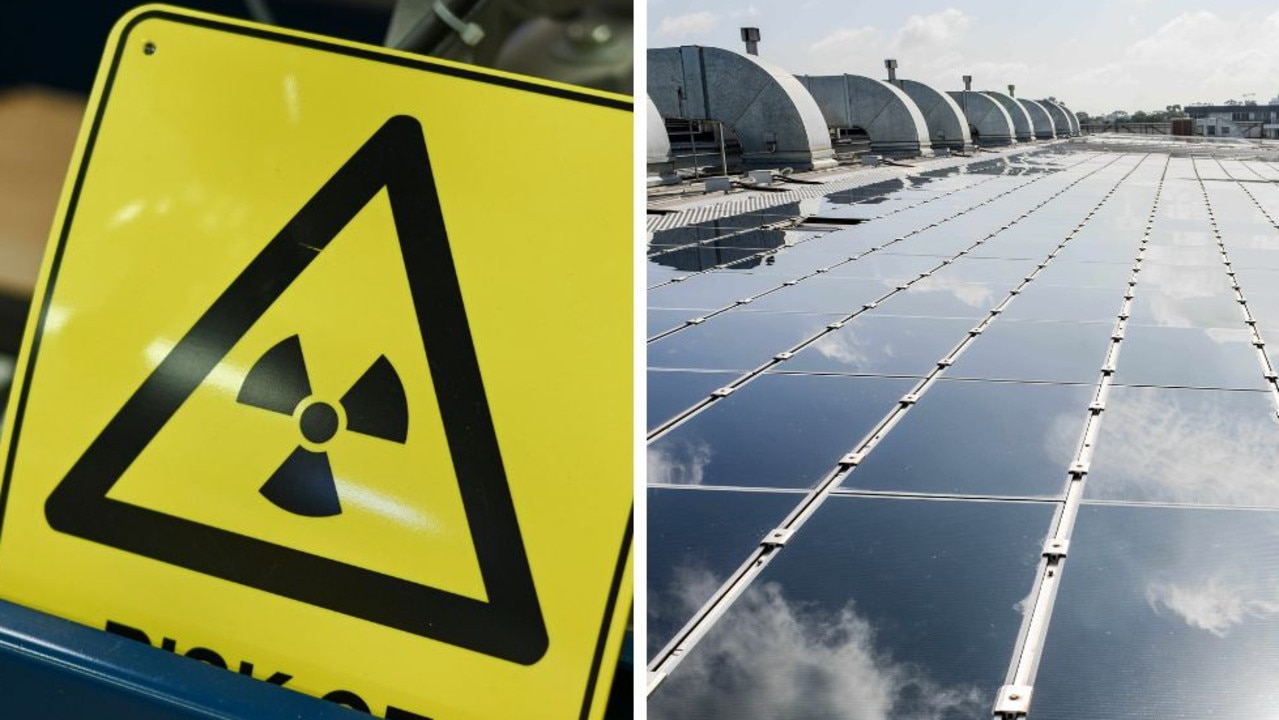

To join the conversation, please log in. Don't have an account? Register
Join the conversation, you are commenting as Logout